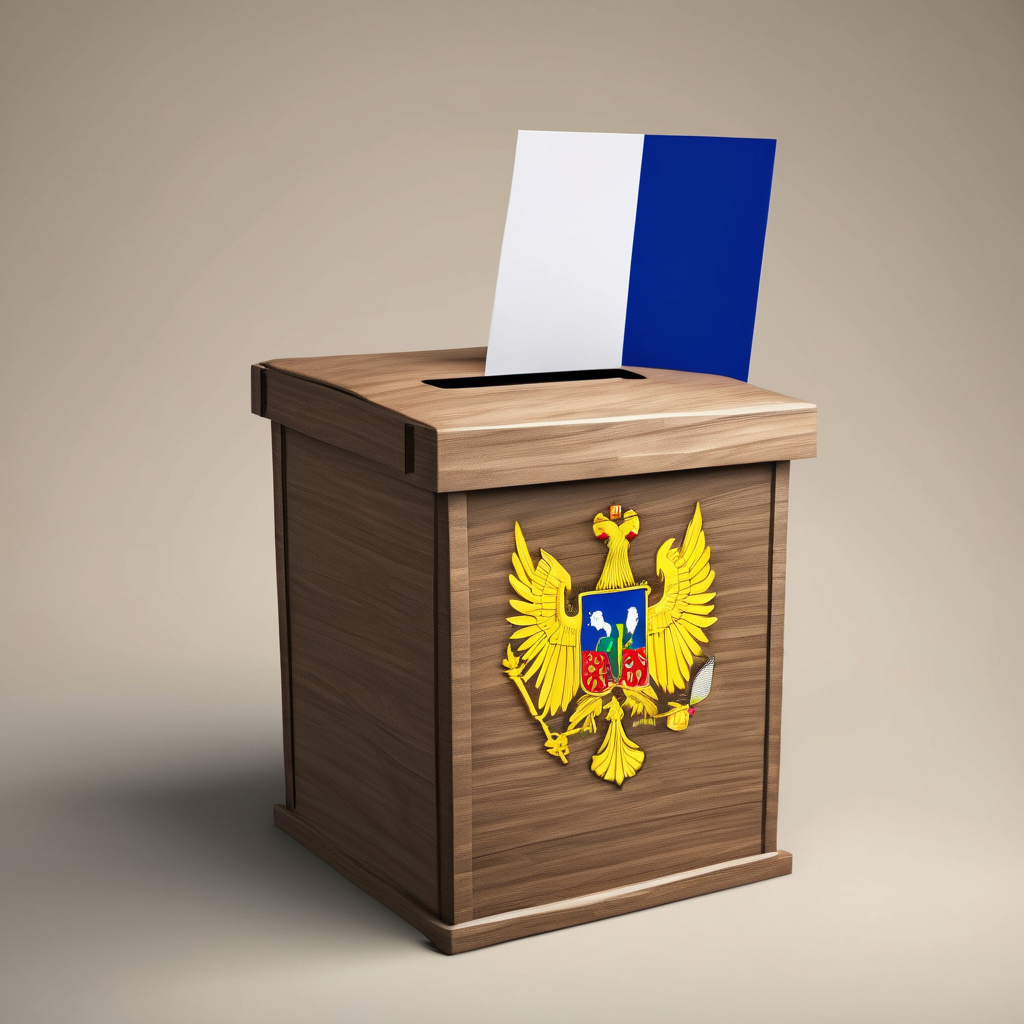As Moldova approaches its pivotal parliamentary elections scheduled for Sunday, tensions are high as the nation stands at a crossroads between forging a future aligned with the European Union or drifting closer to Russia. Igor Grosu, the leader of the pro-European Union Party of Action and Solidarity (PAS) and president of Moldova’s parliament, emphasized the gravity of these elections in shaping the country’s long-term future.
Grosu made clear in a recent interview that this election is about choosing between peace and war, asserting that a pro-EU stance ensures peace, whereas siding with Russia risks conflict. Grosu’s party, which has held a dominant parliamentary majority since 2021, faces the threat of losing this critical advantage amid alleged Russian attempts to disrupt the country’s pro-EU ambitions.
Elections are set against a backdrop of reported interference from Russia, which is accused of deploying a “hybrid war” involving cyberattacks, vote manipulation, and disinformation campaigns to sway voter sentiment away from PAS towards more Russia-friendly factions. Moldovan authorities have escalated their defensive measures, conducting raids that have resulted in multiple arrests, and dismantling purported destabilization plots with Russian involvement.
In response to these tensions, manufacturing EU accession by 2028 stands at the forefront of PAS’s campaign promises, alongside commitments to double incomes, upgrade national infrastructure, and combat systemic corruption. Moldova’s Prime Minister Dorin Recean has warned of Russia’s substantial financial commitment to influencing the election’s outcome, likening it to laying siege to the nation.
Contrastingly, Russia strongly dismisses accusations of meddling, with its Foreign Ministry branding them as unfounded and attributing them to Moldovan political rhetoric aimed at garnering support. The ministry insists the Moldovan populace does not echo such anti-Russian sentiments.
To heighten the stakes, recent judicial actions have intensified political tensions further. The Chisinau Court of Appeal has imposed restrictions on the Heart of Moldova party, part of the Russia-endorsing Patriotic Electoral Bloc, following allegations ranging from voter bribery to illegal financing. The move has been criticized by the party’s leader, Irina Vlah, as a tactical maneuver to suppress dissent.
This election will also take place in the wake of pro-European President Maia Sandu’s reelection last year, which, like Sunday’s upcoming vote, was marred by widespread claims of Russian electoral interference. Despite the dire political landscape, Grosu remains hopeful, expressing faith in Moldovan solidarity and determination.
The international community is also on high alert, with defenses fortified against possible narratives undermining the election’s integrity. As Moldova braces for these critical elections, the results will profoundly impact its trajectory—paving a path either towards deepened alliances with the European Union or reverting towards historical ties with Russia.
